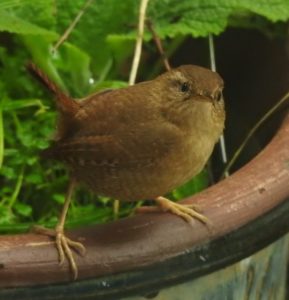
Barbara is one of the guides who leads bird-walks on Wandsworth Common. For more details see the Friends of Wandsworth Common website.
Gardens are an important habitat for wildlife and even a small urban garden can attract a variety of birds and give hours of pleasure as you get to know your regular visitors. Engaging with nature is good for mental well-being and you can even contribute to citizen science by reporting your sightings to BTO’s Garden Bird Watch and RSPB’s Big Garden Bird Watch on the last weekend of January.
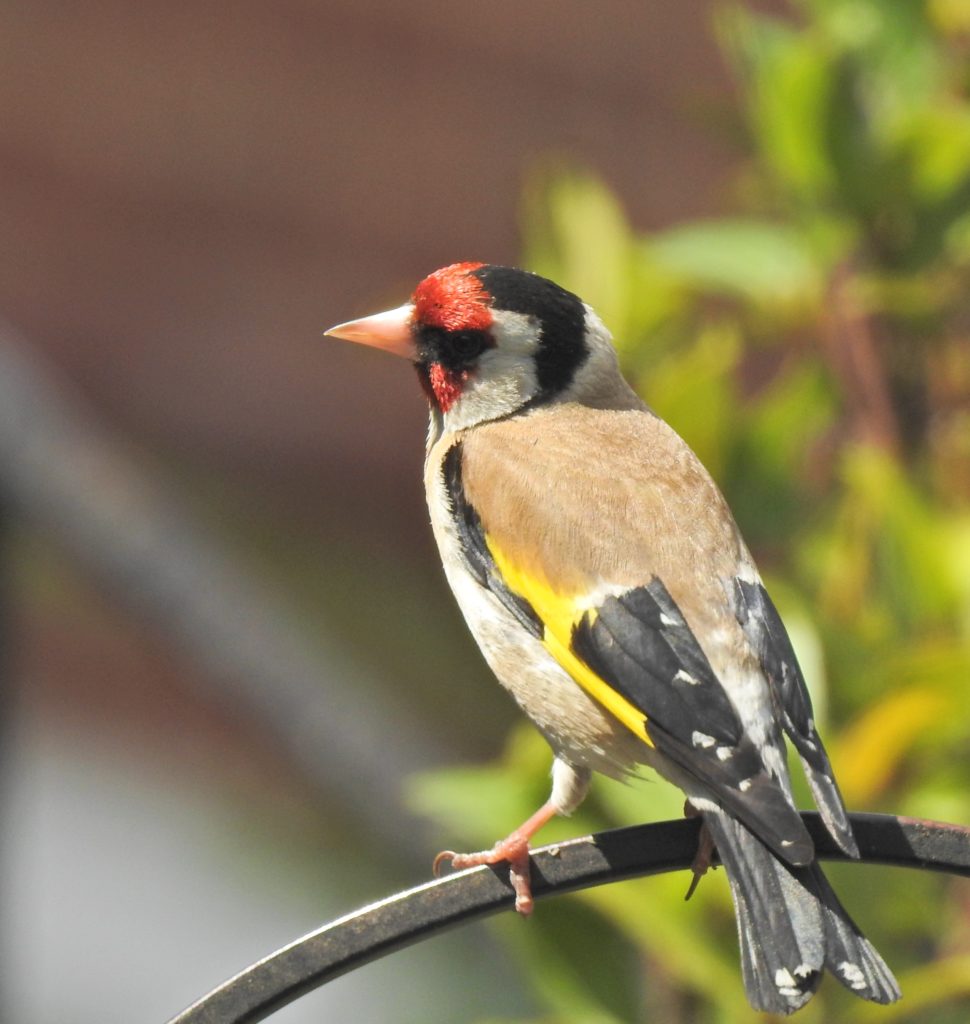
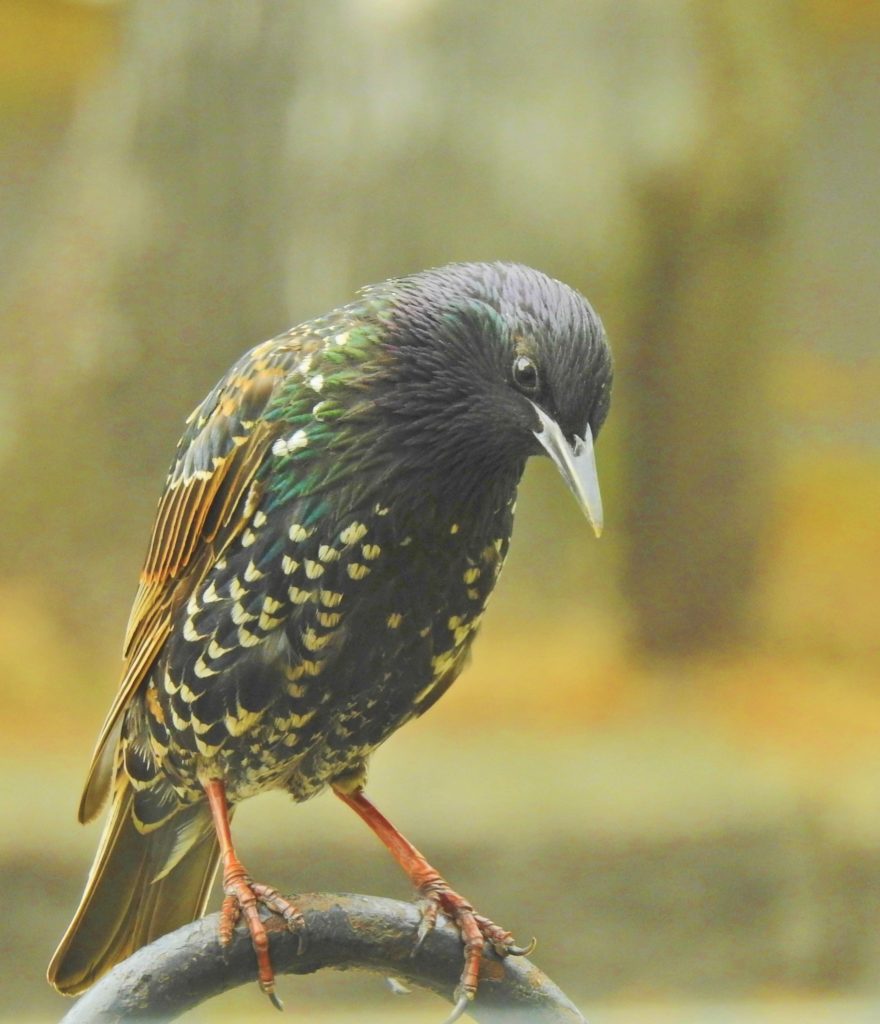
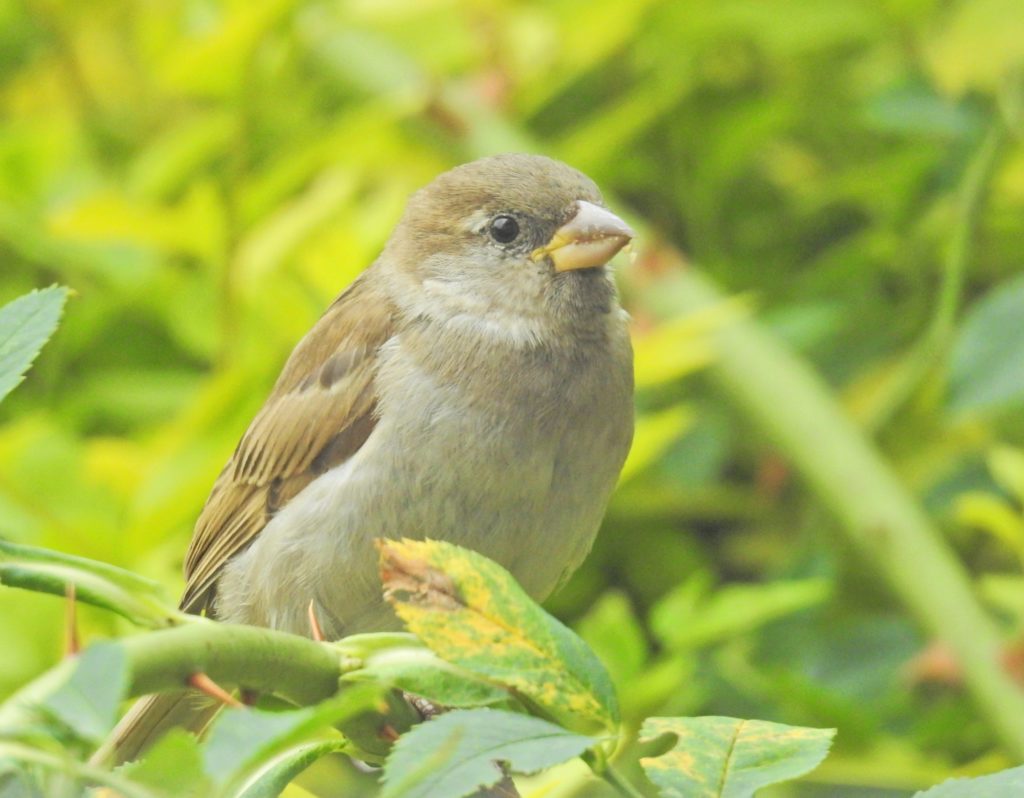
Providing feeders helps supplement the natural food supply. Sunflower Hearts and Fat Balls are favourites with a range of birds. I regularly see House Sparrows, Starlings, Blue Tits, Great Tits, Coal Tits and Goldfinches on my feeders, with Robins, Dunnocks, Blackbirds, Magpies and Wood Pigeons foraging for the food dropped onto the ground underneath. Even if you don’t have a garden you can try a window feeder and watch the birds from the comfort of your armchair.
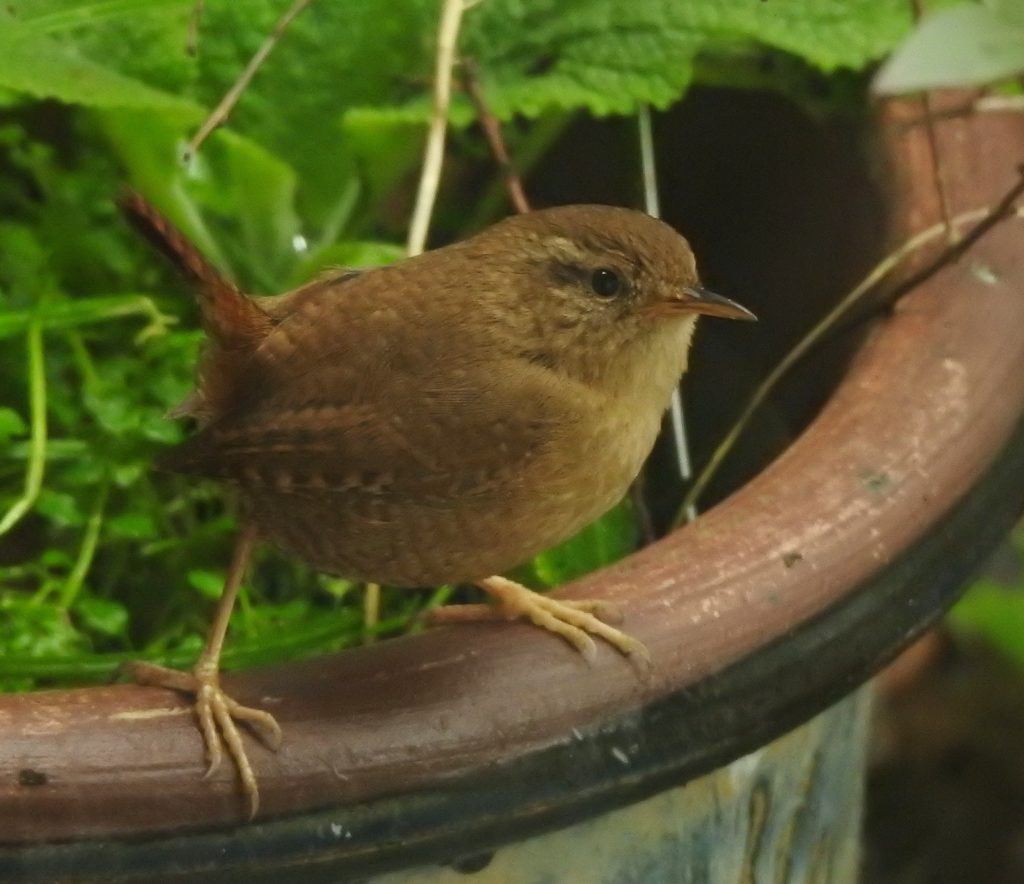
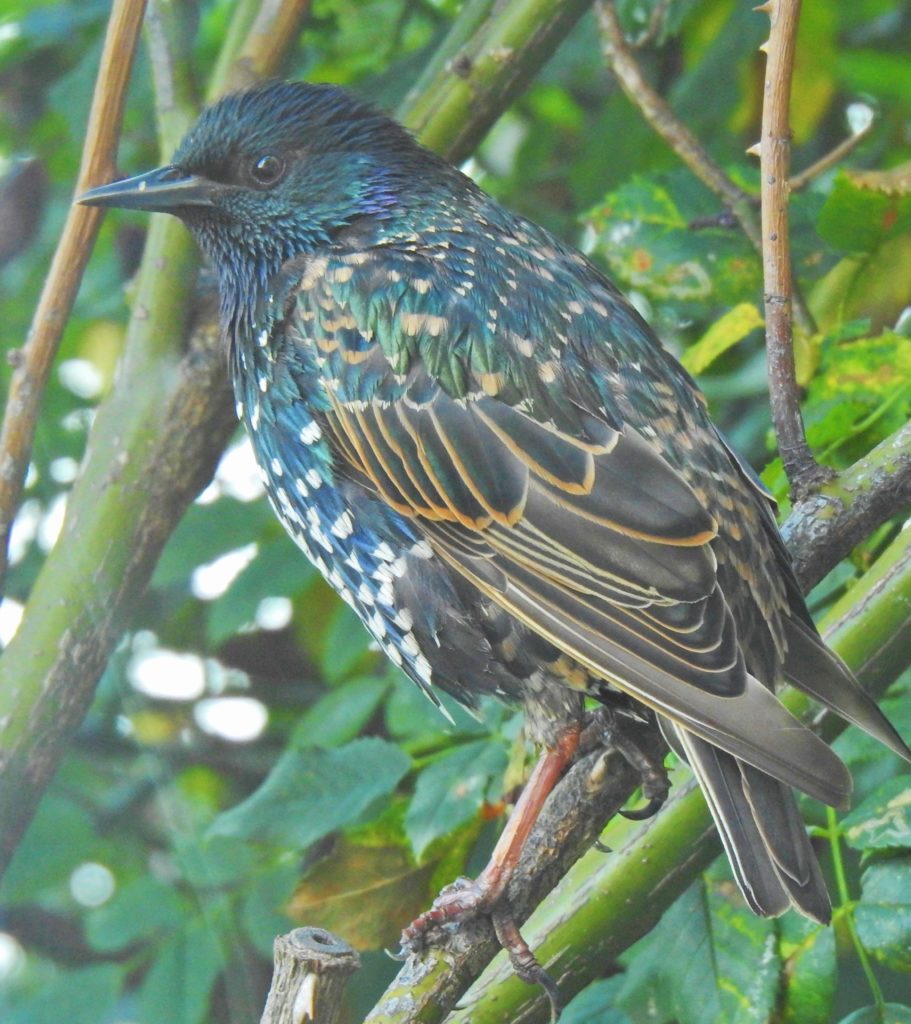
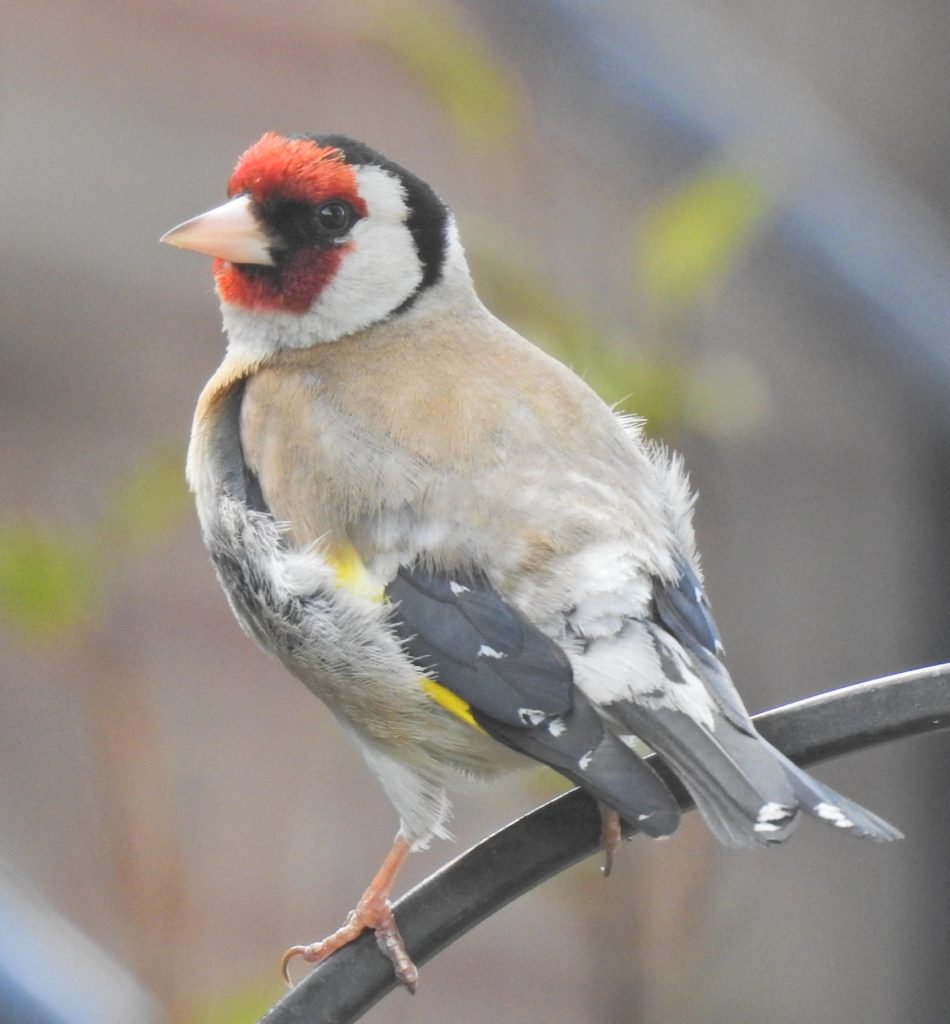
Position feeders in the open, but close to a shrub or tree where birds can perch to wait their turn and retreat to safety if they feel threatened. Feeders with a cage surround can help deter squirrels and larger birds, although the Wood Pigeons and Magpies have become adept at balancing on my window feeder! To reduce the spread of disease, feeders should be washed regularly, and mouldy food discarded. Equally important is water – both for drinking and bathing – but ensure you add a few stones so that any insects or small mammals which fall in can escape. Birds can take a little while to get used to change so be patient: sit back and wait for them to come.
Article by Barbara Littlechild, Wandsworth Common Bird Walk Guide and a Friend of Wandsworth Common
If you want to write to us and have your own blog post & thoughts placed on this website to help others, please reach out to us via our Contact Us page!
